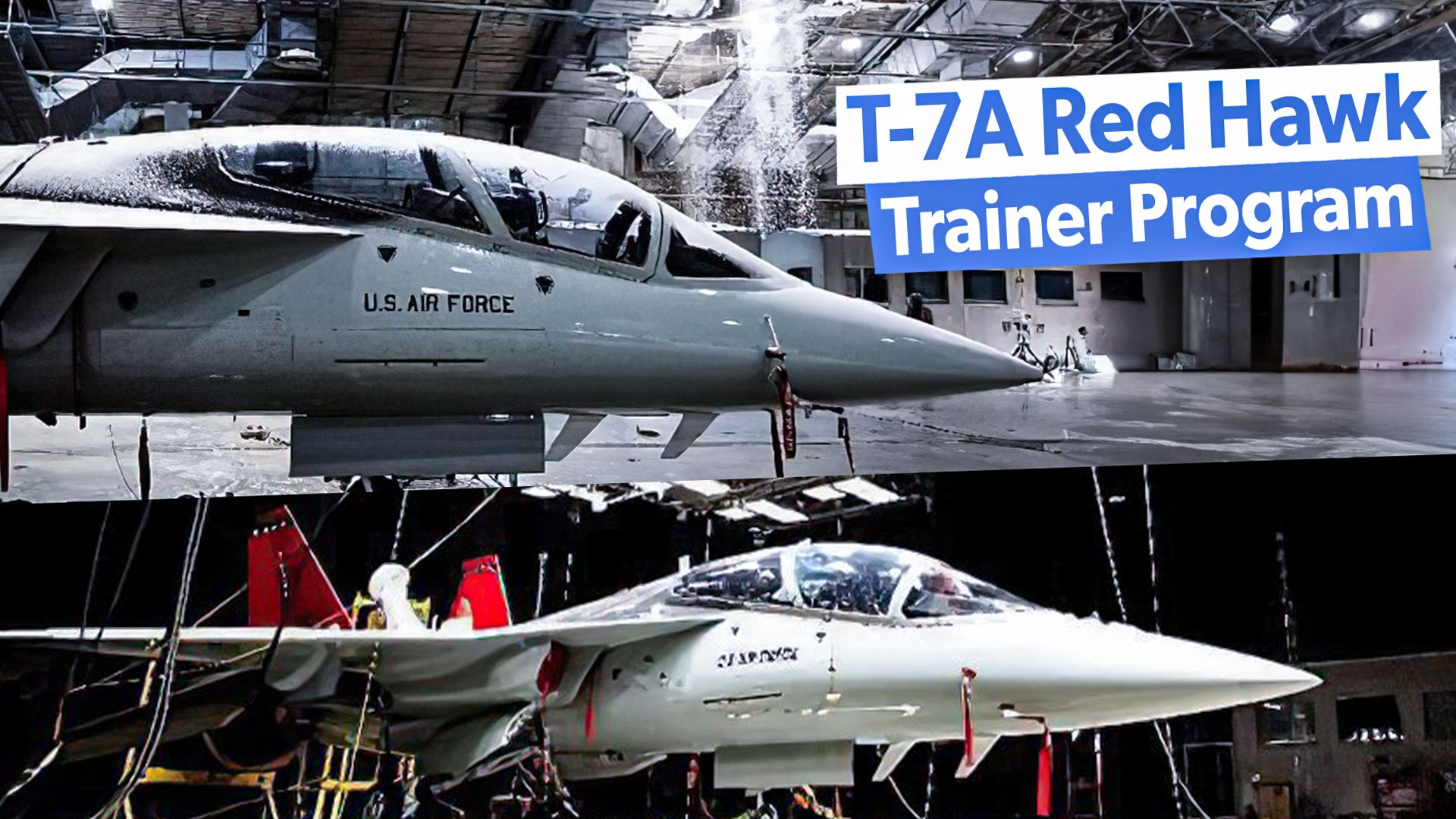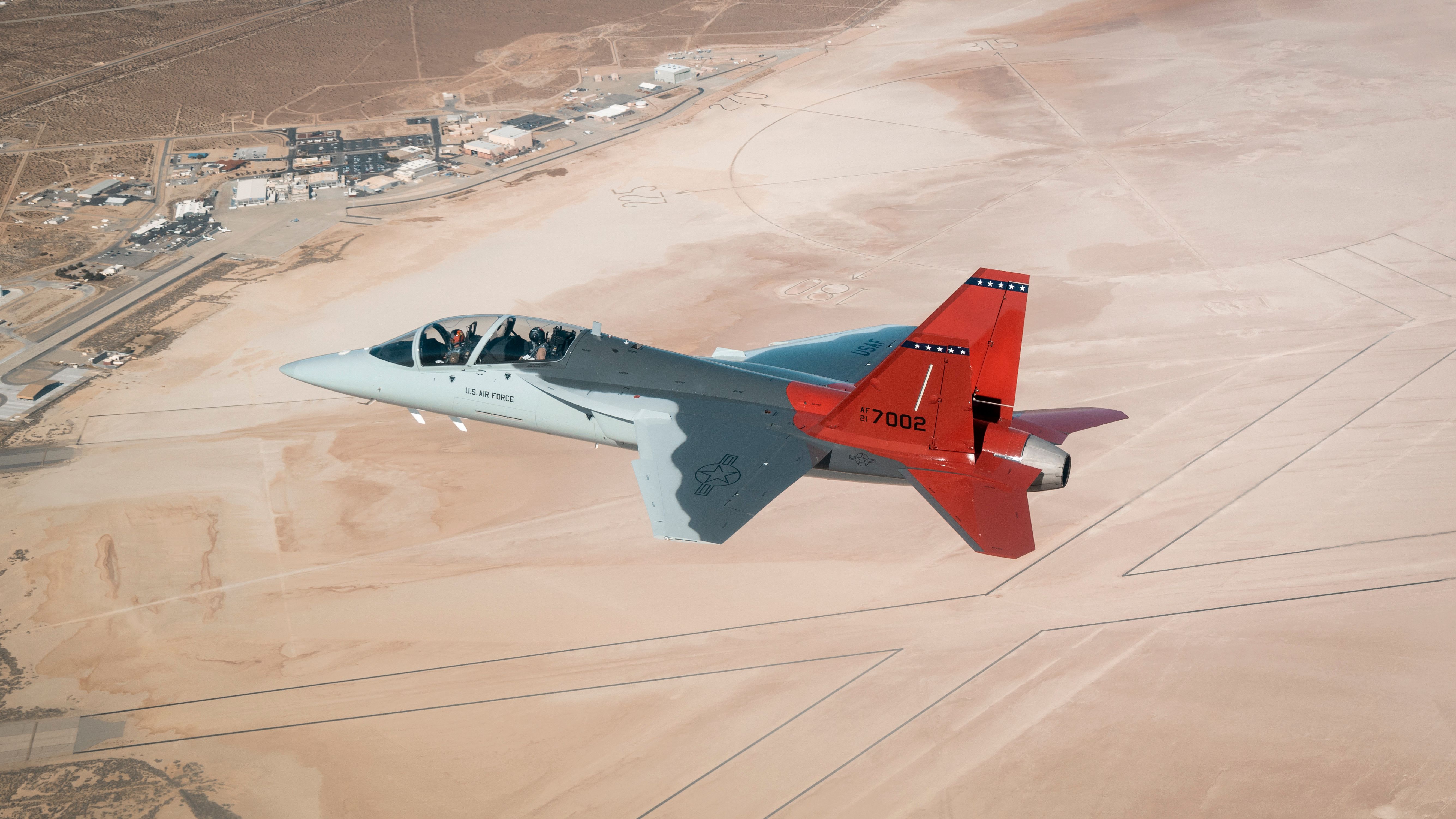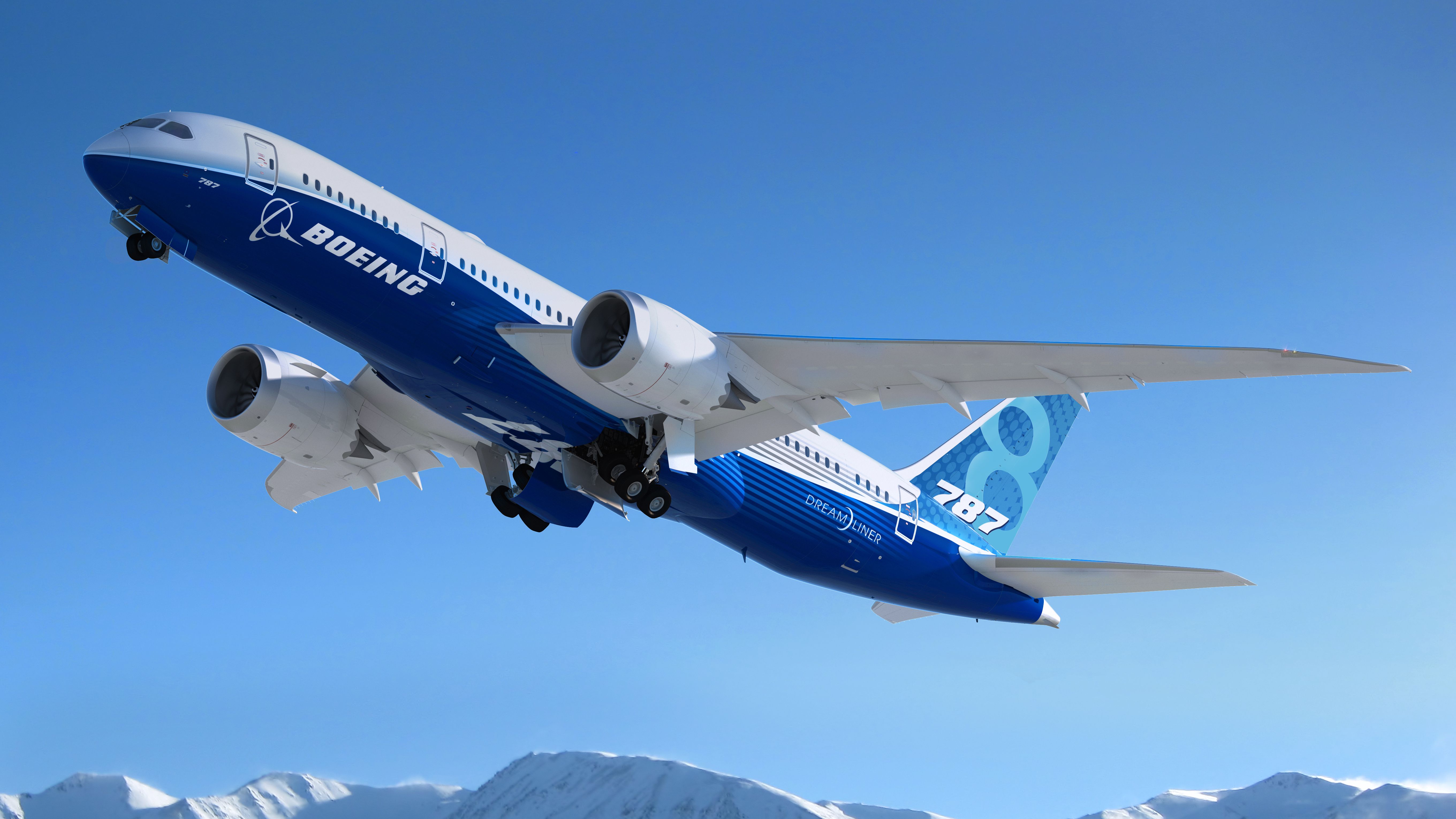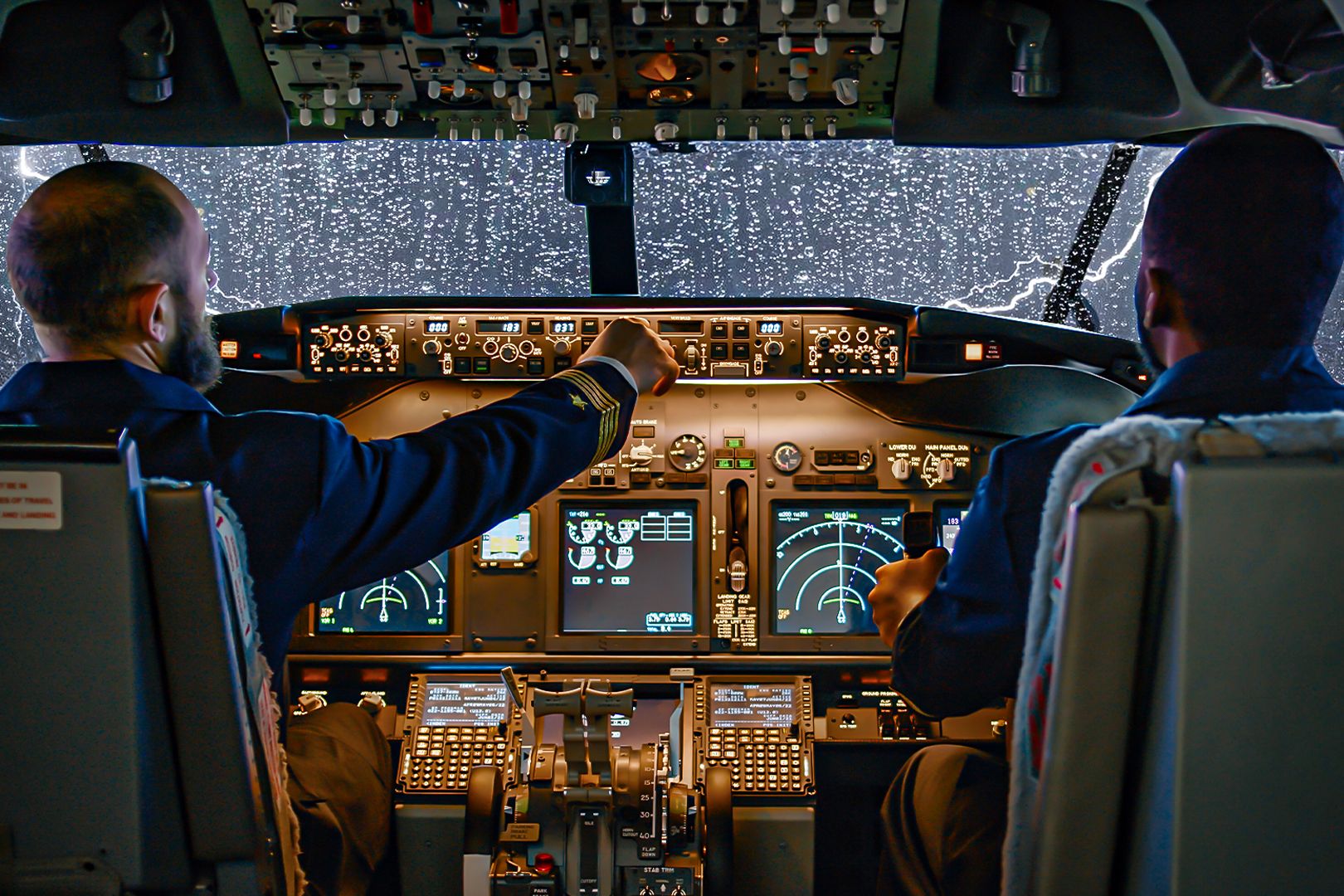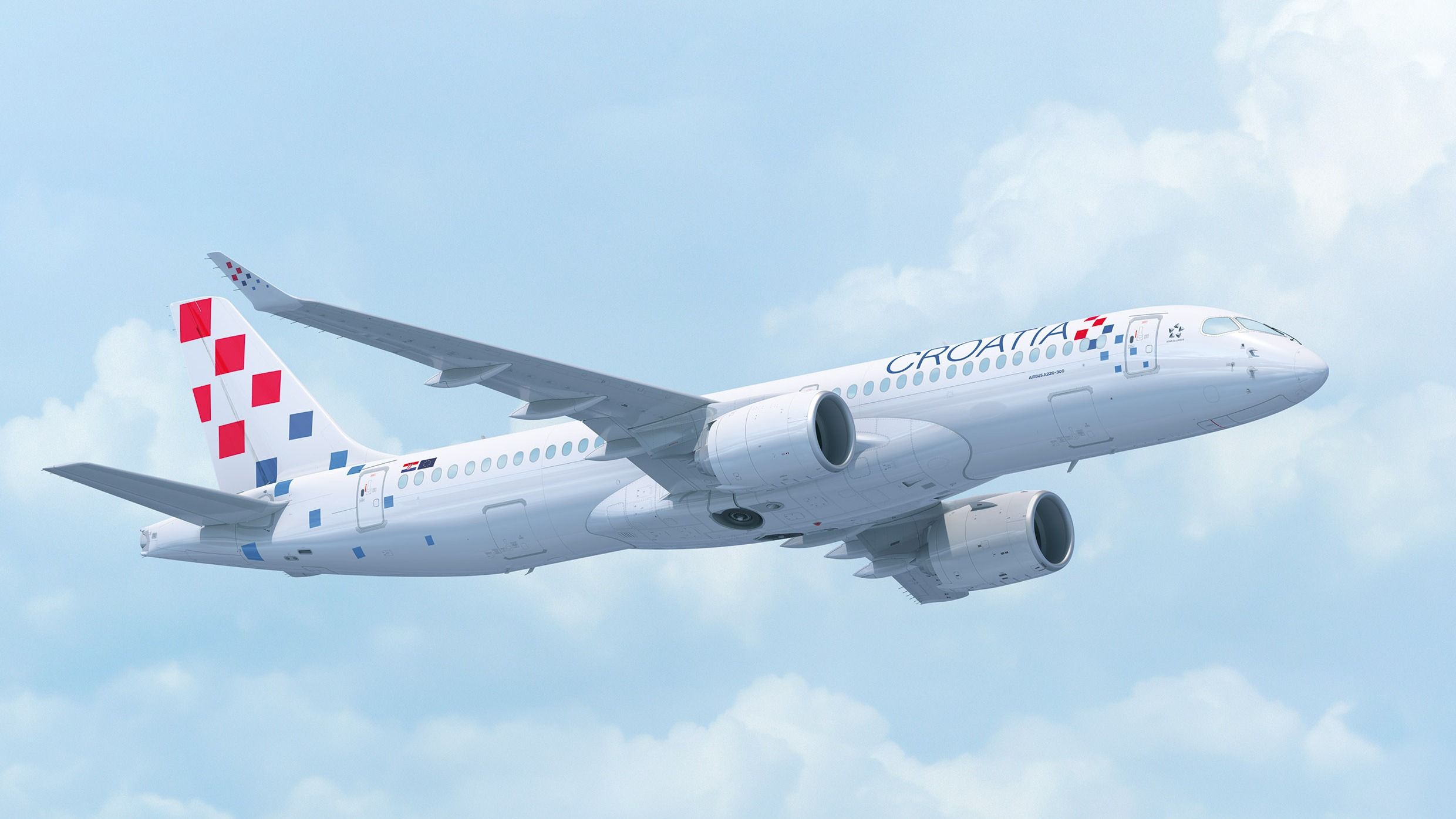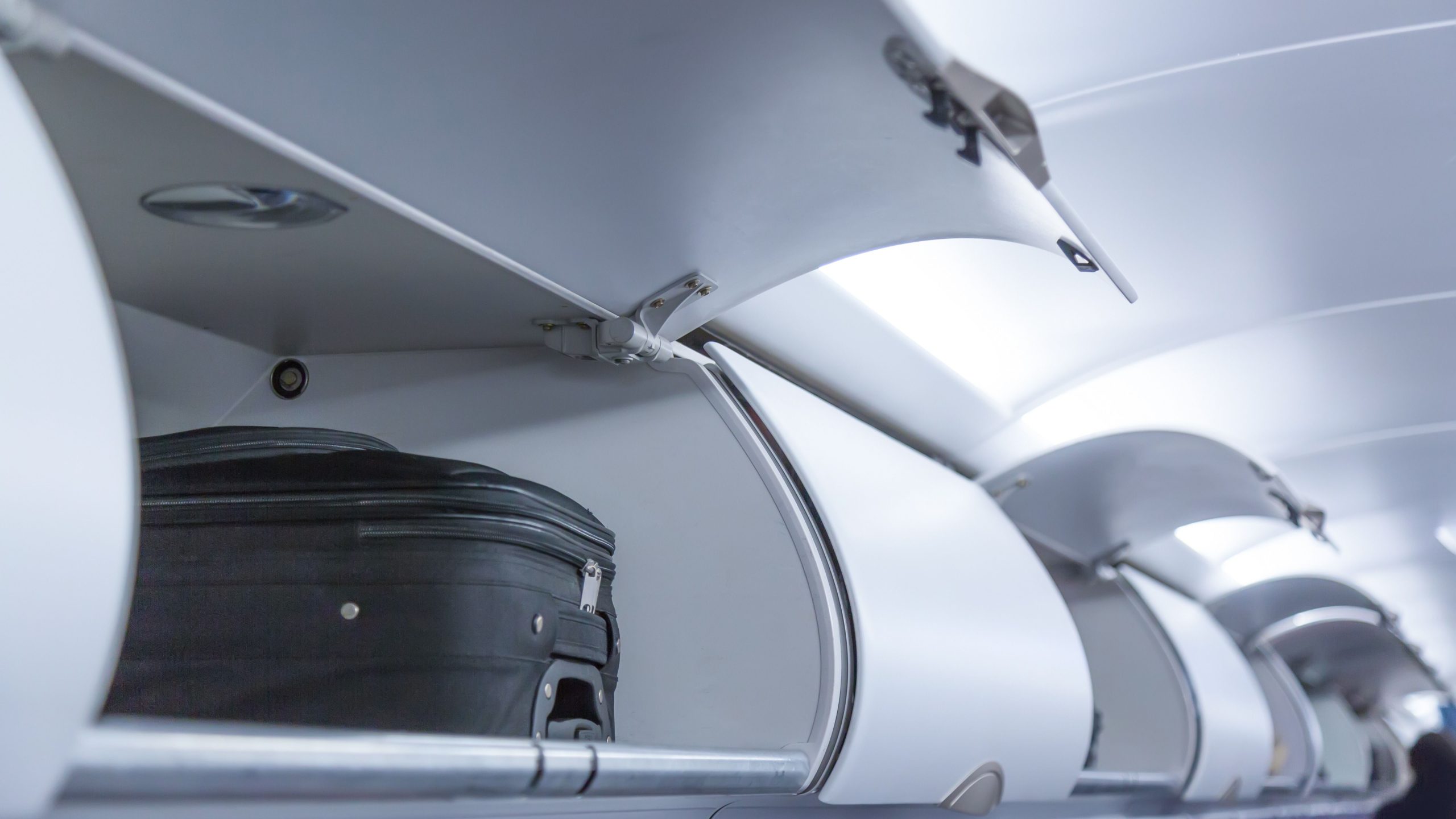Summary
- Boeing’s T-7 Red Hawk undergoes rigorous testing in extreme environments to ensure safety measures.
- The escape system test focuses on ejection seat enhancements to minimize the risk of injury in potential emergencies.
- Flight control law enhancements allow the T-7 Red Hawk to reach high angles of attack, advancing pilot training capabilities.
Boeing’s civilian airliner safety record continues to be embroiled in controversy (which I suppose qualifies for The Understatement of The Year). However, the beleaguered United States-based company is soldiering on undaunted with its myriad of defense industry products and projects, which, to the best of my knowledge, haven’t been plagued with those same safety issues.
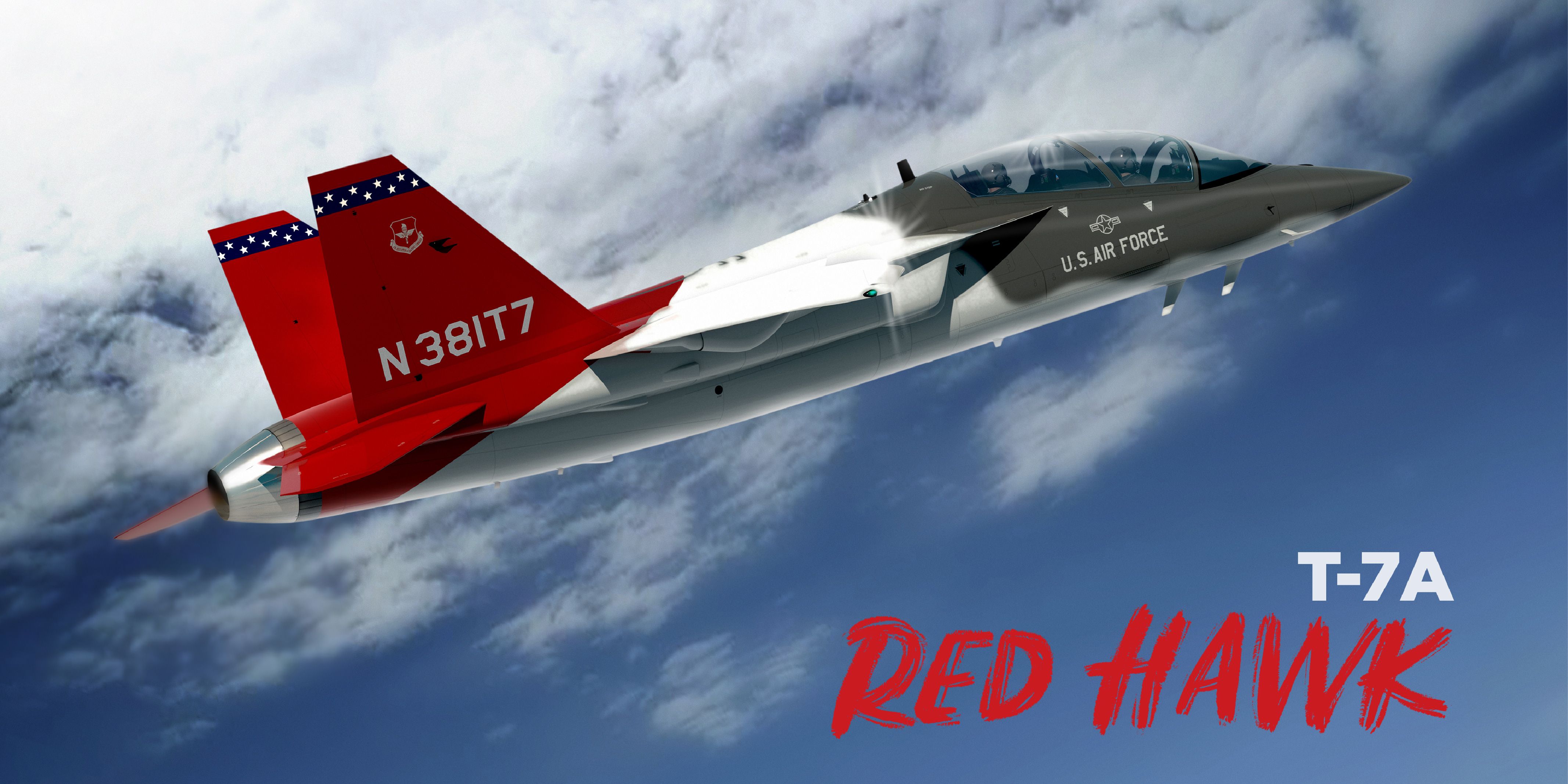
Related
Boeing’s T-7 Red Hawk: An Advanced Military Jet Trainer
Boeing aims to sell over 2,700 Red Hawks globally.
A prime example of this is Boeing’s T-7 Red Hawk, which, as noted in the Simple Flying article linked above, is a joint venture with Swedish aerospace company, Saab, to develop a single-engine advanced jet trainer with the goal of competing for the U.S. Air Force’s (USAF) T-7 program.Named after (1) the racial barrier-busting red-tailed Tuskegee Airmen and (2) the Curtiss P-40 Warhawk, the plane made her maiden flight on June 28, 2023. She is intended to train the next generation of fighter and bomber pilots alike (its single-engine design and physical resemblance to a 4th Generation fighter notwithstanding).
Simple Flying will now look at three recent tests that are serving as the Red Hawk’s proving grounds (and “proving skies,” if you will).
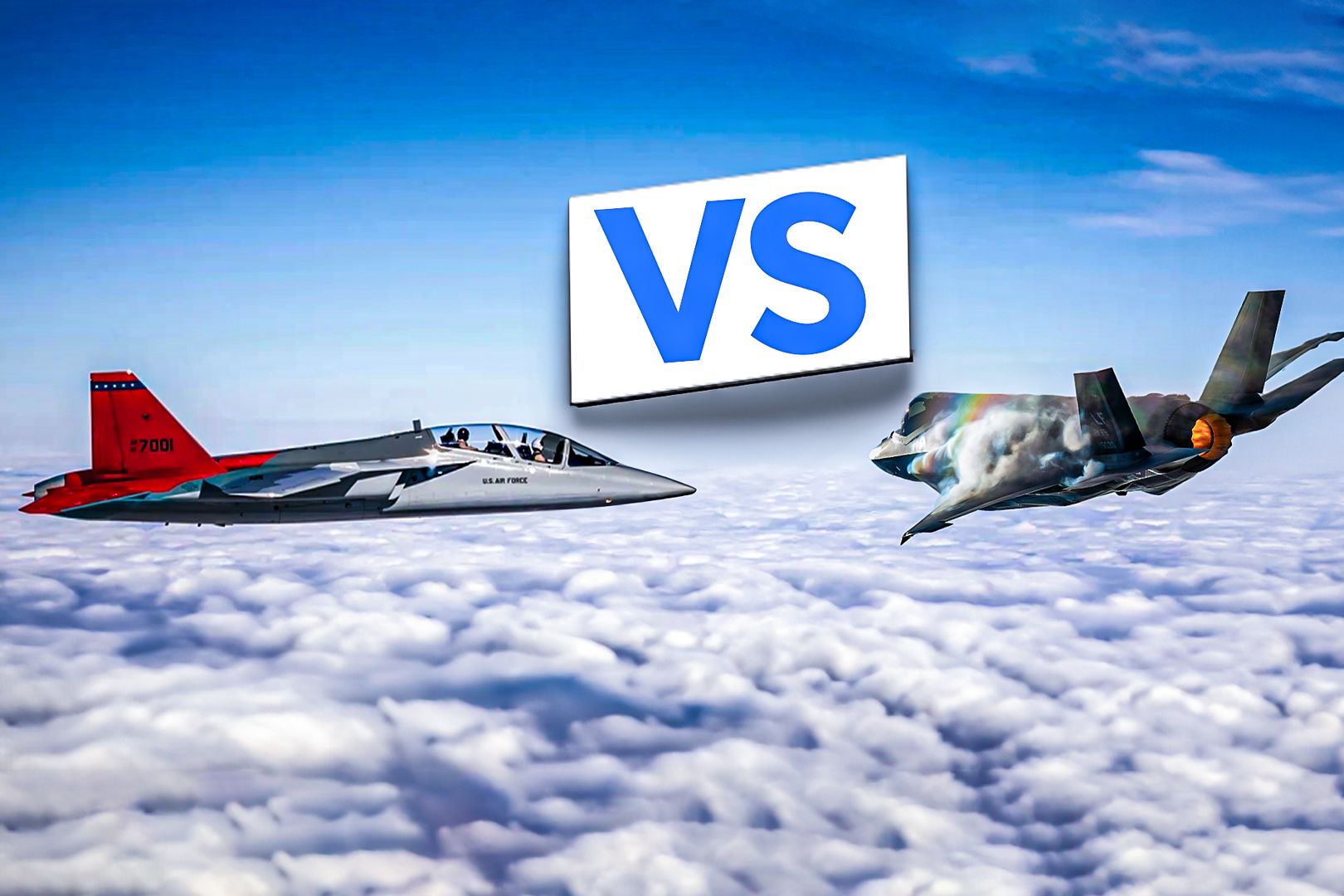
Related
Trainer Vs Advanced Fighter Jet: How Do They Compare?
Trainers serve to help military pilots hone their skills before being thrust into the big leagues.
1
The Climate Chamber Test
The shortest of the tests
The shortest in the amount of publicly released information, that is, but that dioesn’t make it any less important. According to an official Boeing press release date April 29, 2024:
“T-7A aircraft APT-3, one of five engineering and manufacturing development aircraft, underwent rigorous testing at Eglin Air Force Base, enduring temperatures ranging from -25°F to 110°F.”
“This test evaluated the aircraft system’s performance, including propulsion, hydraulic, fuel, electrical, secondary power, environmental control, and overall operations in extreme environmental conditions. The aircraft has since returned to St. Louis for testing”
Photo: USAF
Saab in its own right has single-handedly produced a goodly number of top-notch combat aircraft over the years, such as the Saab 35 Draken (“Dragon” or Kite”), Saab 37 Viggen (“Tufted Duck” or “Thunderbolt” [not to be confused with the American-made P-47 Thunderbolt]) and JAS 39 Gripen (“Griffin”).
2
The Escape System Test
Enhancing survival probability, reducing risk of injury
The USAF and Boeing conducted a dynamic sled test this past February at Holloman AFB, New Mexico. For the benefit of our readers not familiar with the concept of dynamic sled testing, the APV-T Test Centre (headquartered in Victoria, Australia) provides this useful definition:
“Sled testing offers a method of testing products to simulate crash conditions at a much lower cost than crashing a new off-the-line vehicle. From aftermarket vehicle additions to full vehicle restraint systems, sled testing can be used in both the R&D and certification stages to ensure the expected dynamic performance requirements of your product are achieved. ”
From there, the website lists eleven different applications, the two most relevant for our purposes being:
- Aircraft crash simulation testing
- Military hardware dynamic loading testing
Regarding the T-7-specific sled testing…well, anybody who’s seen the original 1986 “Top Gun” film remembers dear ol’ Goose’s ejection tragedy; though that’s obviously a fictitious example, the Boeing-USAF escape system testing is intended to prevent a real-life equivalent event from transpiring.
To elaborate, this particular field test focused on design enhancements in Collins Aerospace’s ACES 5 ejection seat and Pacific Scientific EMC’s canopy fracturing system to minimize the risk of injury.
![7738154 (4x6) - Sheppard AFB Elephant Walk [Image 5 of 11] - T-6A Texan IIs](https://static1.simpleflyingimages.com/wordpress/wp-content/uploads/2024/05/7738154-4x6.jpg)
Related
US Air Force Instructor Dies After Ejection Seat Activates
The tragic loss of 80th Operations Support Squadron Capt. John Robertson prompts a discussion about ejection seats.
“During the test, the team implemented variable timing to slow down the ejection seat, using the drogue chute and investigated canopy fracturing system patterns. The team is now preparing to move forward with the next round of development testing.”
Photo: USAF
3
Flight Control Law
Last but certainly not least
This test was also completed this past February. It entailed a software enhancement, referred to by the press release as “control law 17.5.” In more than 10 test flights after the law’s implementation, the aspiring warbird trainer reached a 25-degree angle of attack; for good measure, three of those flights demonstrated the aircraft’s ability to attain fine tracking while in high angle of attack, a key capability for pilot training. Moreover, passing this acid test (so to speak) clears the path for the USAF to start high angle of attack and departure resistance testing at Edwards AFB, California.
From there, the press release quotes Evelyn Moore, vice president and program manager, T-7 Programs:
““The T-7A Red Hawk is poised to revolutionize pilot training, delivering enhanced safety, performance and adaptability, and completing these three milestones shows significant progress in the program’s development. We will continue with flight testing and the next round of escape system testing throughout this year and into 2025.”
Not content to rest on its laurels (and arguably looking for any positive publicity it can generate), Boeing is also building a new production line for low-rate initial production (LRIP) of the T-7A variant of the Red Hawk. The game plan is to load the first forward and aft fuselages for LRIP midyear as suppliers are already underway developing parts for production.
T-7 Specifications:
|
Fuselage Length |
46 ft 11 in (14.30 m) |
|
Wingspan |
30 ft 7 in (9.32 m) |
|
Height |
13 ft 6 in (4.11 m) |
|
Empty Weight |
7,165 lb (3,250 kg) |
|
Max Takeoff Weight |
12,125 lb (5,500 kg) |
|
Max Airspeed |
Mach 0.975 (748 mph/1203.93 kph/650 kn) |
|
Range |
990 nmi (1,140 mi, 1,830 km) |
|
Service Ceiling |
50,000 ft (15,000 m) |
|
Crew Capacity |
2: pilot and instructor/passenger |

